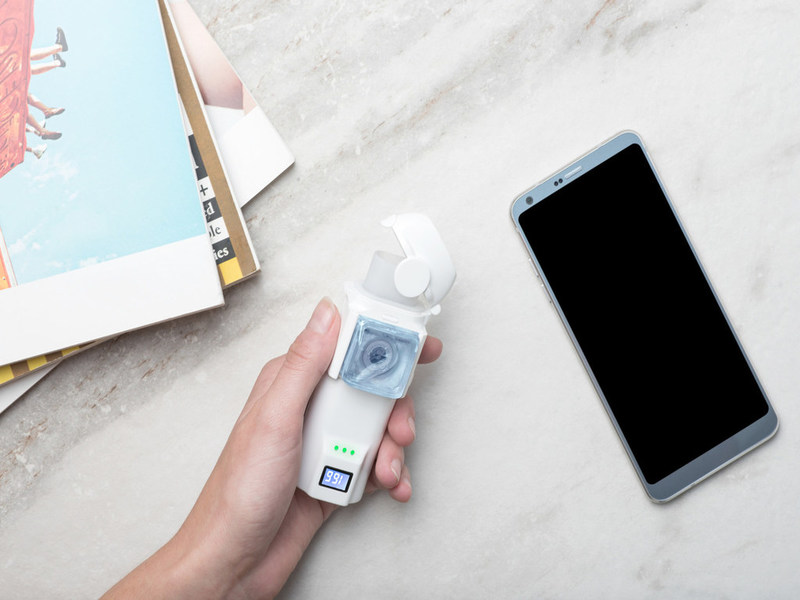
US-based pharmaceutical firm Pneuma Respiratory has developed a fully digital, soft mist inhaler device designed to deliver a variety of medicines to the lungs.
The inhaler uses electronic breath actuation and a soft mist ejector, which can sense the breath and automatically activate upon inhalation by a patient.
The need for a propellant is eliminated as the ejector automatically delivers medication droplets into the lungs through the patient’s breath.
The device is accompanied by a mobile application that captures real-time dose verification data.
Pneuma Respiratory business development director James Bauler said: “It’s well documented that patients have problems adopting the correct inhaler technique and thus receiving the expected dose of medication both with dry powder and existing metered-dose inhalers.
“With a proven team of technology and healthcare leaders, Pneuma expects to make significant gains in pulmonary drug delivery.”
The inhaler has already been evaluated in two clinical studies by using bronchodilation as the outcome.
With a proven team of technology and healthcare leaders, Pneuma expects to make significant gains in pulmonary drug delivery.
According to the results, the device demonstrated effective delivery of medicines to the lungs in chronic obstructive pulmonary disease (COPD) patients who are using small-molecule asthma and COPD medications.
The device is also reported to have delivered large, complex, pharmacologically intact biologics during preclinical binding studies.
Pneuma Respiratory focuses on working towards new therapeutic treatments for lung diseases.
The firm holds experience in healthcare research and product development, along with handheld device design and manufacturing expertise.


